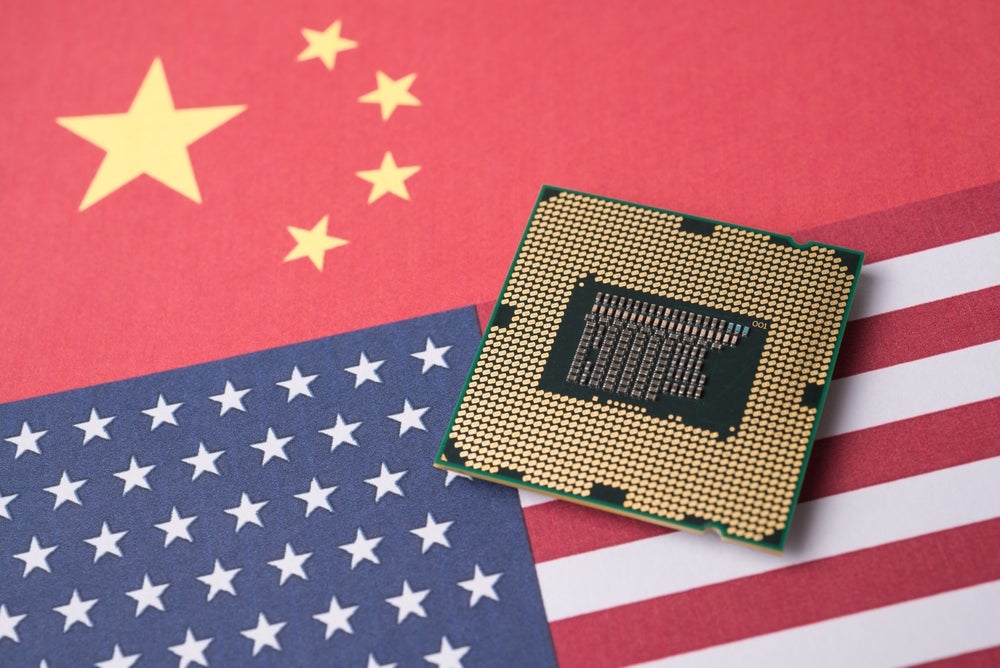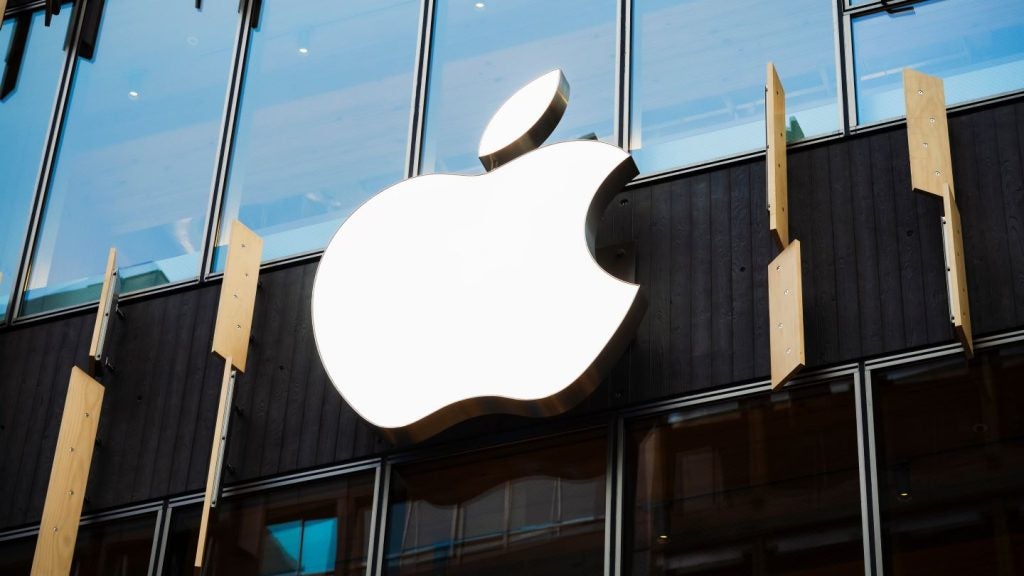
On 11 April, the global semiconductor industry welcomed clarification on tariff exemptions to US chip imports in an amendment to President Trump’s Liberation Day (2 April) tariff announcements. But Trump has since signalled that this exemption may be short-lived with further tariff announcements on the way, while hinting at exemptions for certain companies.
“I’ll give you that answer on Monday,” Trump told reporters aboard Air Force One on Saturday (12 April) referring to a reversal of semiconductor tariff exemptions. Seeking to explain his rationale, he told reporters: “We wanted to uncomplicate it from a lot of other companies, because we want to make our chips and semiconductors and other things in our country.”
On Sunday (13 April) US Commerce Secretary Howard Lutnick said there would be a reversal on exemptions and that semiconductor tariffs were likely to follow in “a month or two.”
A Truth Social post by Trump also announced a national security trade probe into the semiconductor sector: “We are taking a look at Semiconductors and the WHOLE ELECTRONICS SUPPLY CHAIN in the upcoming National Security Tariff Investigations.”
The semiconductor industry’s strategic importance in the ongoing US China tech war and for national security saw the Biden administration implement the US CHIPS Act, an ambitious policy to attract foreign chip makers and strengthen domestic chip manufacturing capacity. While the Trump administration appears to be pursuing the same onshoring agenda, one of its first moves in government was to repeal the CHIPS Act.
On Friday’s (11 April) Silicon Valley venture capitalist All In podcast—discussing US dependence on Chinese manufactured chips where some 95% of advanced chips are produced—US economist and former US Treasury Secretary, Larry Summers, said: “If I was worried about dependence and strategic [and all that], the last policy I would have wanted to abolish was the CHIPS Act. That’s the largest, boldest thing the US has done to avoid dependence in a national security area and the Trump administration has killed all that.”

US Tariffs are shifting - will you react or anticipate?
Don’t let policy changes catch you off guard. Stay proactive with real-time data and expert analysis.
By GlobalDataAmid the flurry of policy moves, Trump’s 11 April tariff executive order clarification also announced exclusions on “Low-Value Imports from the People’s Republic of China”, namely Chinese manufactured electronic devices such as smartphones and computers, which are wholly dependent on semiconductors in their manufacturing.
US manufactured chips exported to Asia for assembly into electronic devices present a tariff conundrum for the Trump administration, highlighting the extent to which global supply chains are irrevocably interconnected. Subjecting tariffs on Asian assembled devices imported back to the US essentially amounts to tariffing home-grown chips.
Aside from taking on what may well be the impossible task of decoupling US China supply chains, Trump’s reversal of tariffs on smartphones and computers has weakened the administration’s negotiating credibility. In a bid to save face, the President posted on Truth Social insisting that electronics made in China will not be exempt from tariffs and are simply moving into a different “tariff bucket”.
Semiconductor tariffs will hamper AI development
GlobalData chief analyst and practice lead Rena Bhattacharyya says that President Trump’s semiconductor exemption was driven largely because being a leader in advanced and emerging technologies, such as artificial intelligence, is widely considered critical to US national security interests.
“Without access to processing power, the US would be at risk of losing its edge and falling behind other countries, such as China. The wrinkle in Trump’s plan, however, is that semiconductors used for AI processing are often embedded in other hardware, and the impact of tariffs on that hardware is, as yet, unclear,” she says.
From an enterprise perspective, an exemption on high-end chips is critical, particularly those developing AI. However, the White House list of products that are exempt from tariffs does not include GPUs and servers for training AI models, notes Bhattacharyya.
Furthermore, equipment that is imported and used to produce chips is not exempt from tariffs either. “It remains to be seen what chip-related components will be affected by the tariffs. For US enterprises, if processing hardware is not excluded from tariffs, AI training and inference will become more expensive,” she says.
The chaotic implementation of US tariffs since 2 April means that any future exemptions hold no guarantee of stability for the industry’s intricately connected global supply chains. Device manufacturers are reacting by stockpiling existing inventory of devices, semiconductors, and AI components to sustain pricing, demand, and revenue levels in the short term.
Companies are stockpiling semiconductors
GlobalData Strategic Intelligence’s Tariffs and Trade Wars Executive Briefing (First Edition) notes that despite the initial exemptions, looming tariffs will worsen revenue uncertainty amid supply shortages due to the current stockpiling activity.
“Ongoing uncertainty around tariff levels, the exemption scope, and global recession fears could put major OEM production improvement projects on hold, similarly impacting revenue estimations,” notes the report.
Apple currently stands to be more severely impacted by the tariff imposition than competitors Samsung or Google, due to the iPhone maker’s heavier reliance on China for its supply chain. However, the report predicts that Apple may be in line for a tariff exemption—which would change its impact level. Indeed, Trump hinted on 13 April at certain companies being exempt from any future tariffs.
However, the report predicts that even if Apple wins a tariff exception, the company will go back to its supply chain drawing board. This, from a company that is widely viewed as the gold standard for global supply chain creation and maintenance over the last two decades. Yet another demonstration of what might become a wholesale breakdown and restructuring of global technology supply chains.
Navigate the shifting tariff landscape with real-time data and market-leading analysis. Request a free demo for GlobalData’s Strategic Intelligence here.







